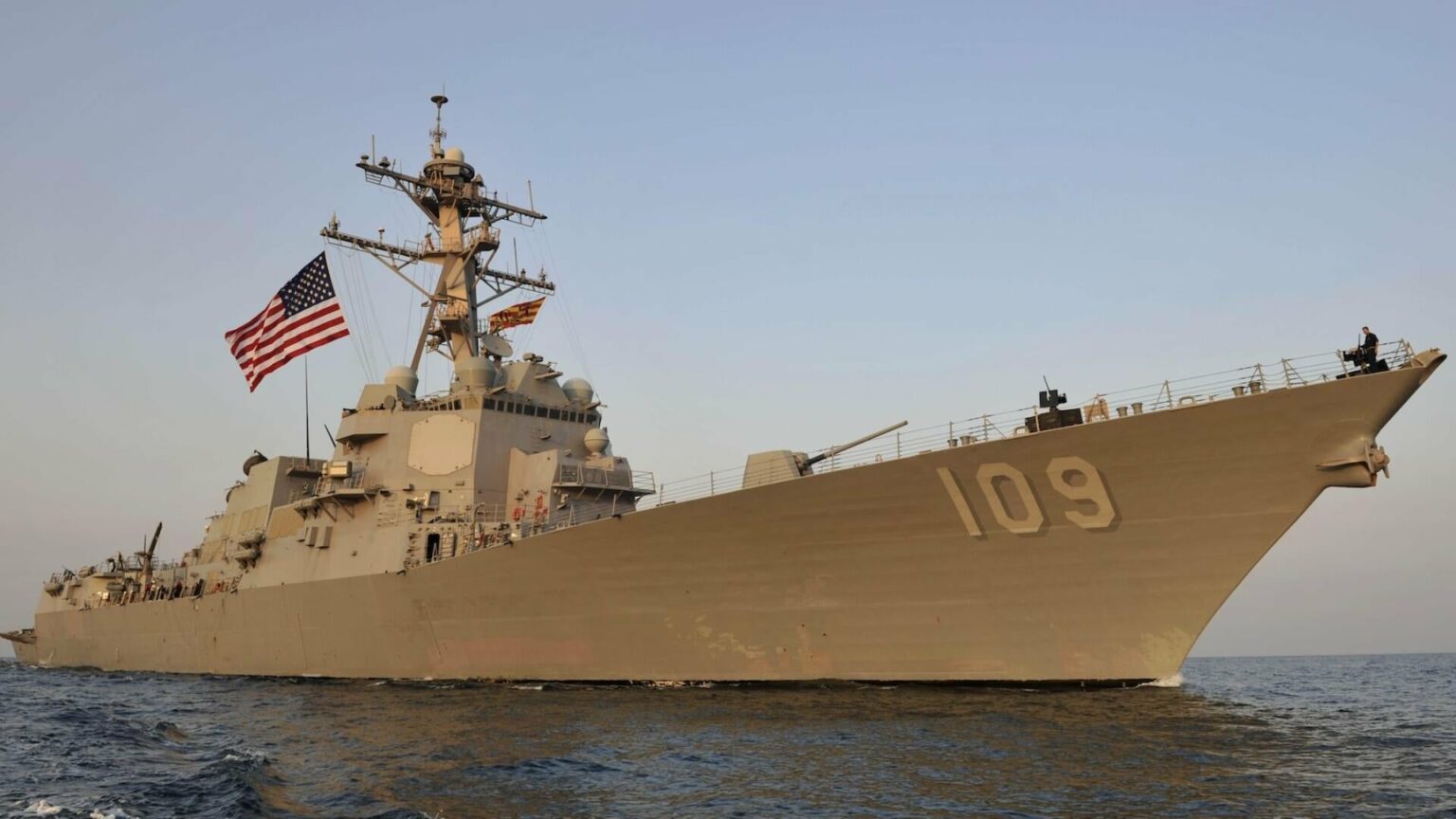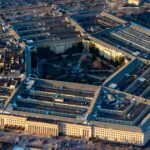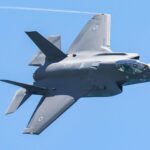In a dramatic display of military power near U.S. forces, two armed Venezuelan F-16 fighter jets conducted a flyover of the USS Jason Dunham, an Aegis guided-missile destroyer, last Thursday. This event has been interpreted by multiple Defense Department officials as a calculated “show of force”. The incident happened against the backdrop of increasing tensions and a complex geopolitical chess game involving drug cartels, a beleaguered Venezuelan regime, and U.S. military maneuvers aimed at curbing narco-terrorism.
The USS Jason Dunham is part of a larger flotilla of U.S. warships that has been recently dispatched to the waters off Venezuela. The Pentagon has stated that these deployments are part of a broader effort to combat criminal organizations and the networks of narco-terrorism that are believed to destabilize regional security and extend their influence into the United States.
However, specifics of how the USS Jason Dunham responded during and after the overflight by the Venezuelan jets remain undisclosed. In the wake of the CBS News report detailing the incident, the Defense Department issued a statement confirming that two Venezuelan aircraft did indeed fly near the U.S. Navy vessel while it was navigating in international waters. They denounced the flyover as “highly provocative” and claimed it was meant to interfere with U.S. counter-narcotics operations.
This forceful rhetoric from the Pentagon underscored the ongoing hostilities between the United States and the Venezuelan government, headed by President Nicolás Maduro. Relations between the two nations have deteriorated over accusations from the Trump administration towards Maduro’s alleged complicity with drug traffickers. To intensify pressure on the Maduro regime, President Trump has doubled the bounty on Maduro’s arrest to $50 million, alleging his direct collaboration with narcotic cartels to smuggle drugs into the U.S.
The Venezuelan government has stoutly denied these allegations, with President Maduro decrying the presence of U.S. warships as a “criminal and bloody threat”. In a show of defiance, he has mobilized drones and warships to patrol Venezuela’s coastline to repel what he perceives as encroachments by hostile forces.
The tensions escalated further when, earlier in the week, the U.S. military engaged a vessel off the Venezuelan coast, which they claimed was involved in drug trafficking. The strike resulted in the deaths of 11 individuals who, according to President Trump and Secretary of State Marco Rubio, were linked to the notorious Venezuelan gang Tren de Aragua.
In addition to these military skirmishes, both countries have taken their battle to the media and public forums, each condemning the other’s actions and stating their claim to moral high ground and sovereignty. President Maduro’s strategy seems rooted in rallying nationalistic sentiments and warding off external pressures by showcasing military readiness.
On the other side, the U.S. maintains that its actions are a part of an international responsibility to combat drugs and terrorism — issues that have significant ramifications beyond just national security, impacting social and public health domains in the U.S. and its neighbors.
As this geopolitical drama unfolds, it has drawn attention from global watchdogs and nations, eliciting a spectrum of reactions ranging from support to condemnation. This sequence of events highlights the complexities and shifting dynamics of international relations and security in a region fraught with instability and contestations of power.
Journalists and analysts following this development are keeping a close watch on how these tensions might evolve. There is a palpable sense that much more is at play than mere shows of military strength. The broader implications for regional stability, international law, and the war on drugs loom large in discussions and debates.
As we observe these unfolding events, the world waits to see how strategic interests and diplomatic engagements will reshape the relationship between these two nations, both of whom are pivotal players in the Caribbean’s security and political landscape. How this high-stakes situation resolves could set precedents for international military engagement, anti-narcotics operations, and the global battle against organized crime and corruption.









